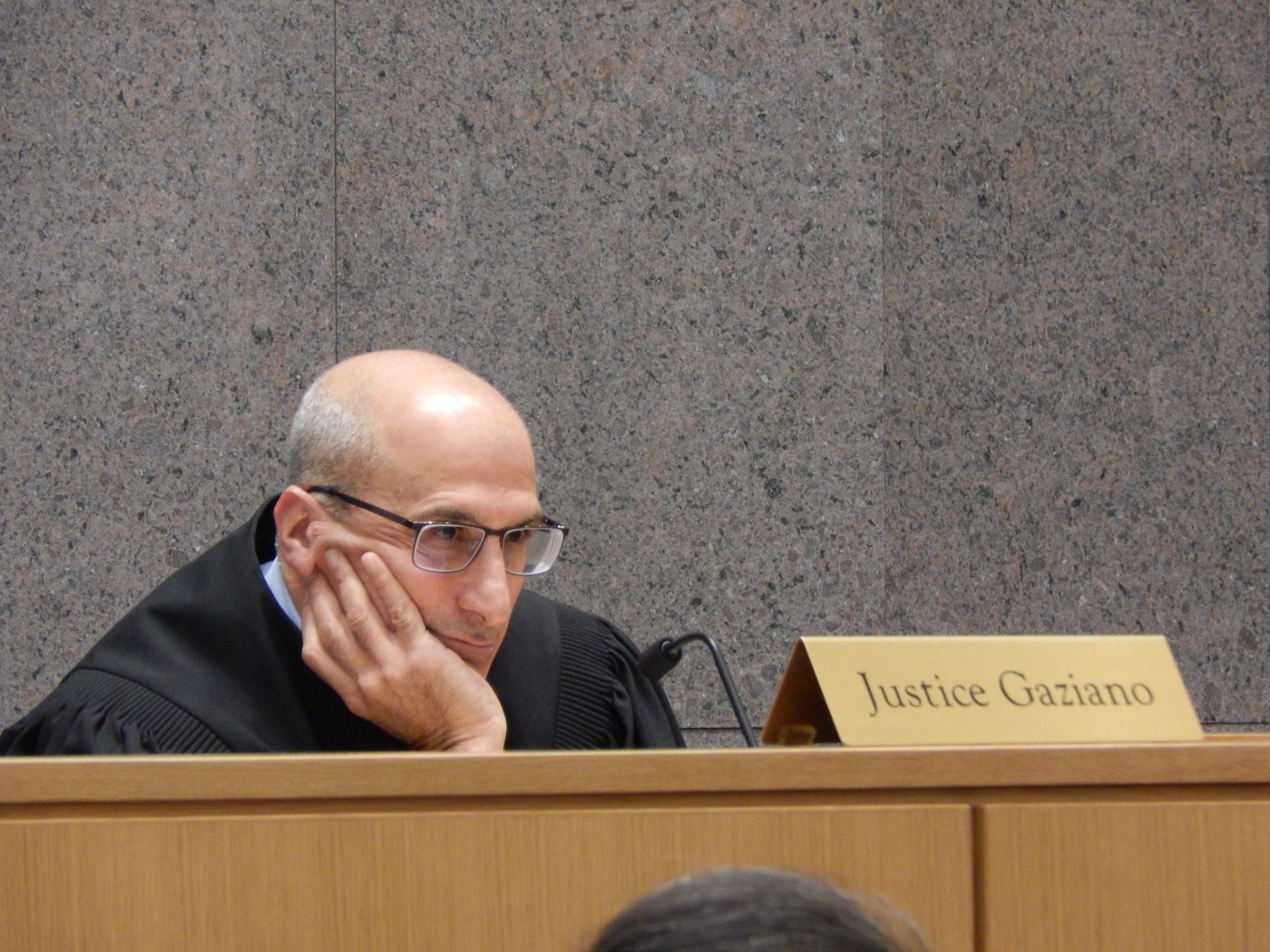The Massachusetts Supreme Judicial Court has ordered a hearing to address allegations of racial bias in the Lowell Police Department’s use of Snapchat during a 2020 firearms investigation. The court’s decision mandates that prosecutors demonstrate that their tactics, which included the use of an undercover account, were not influenced by race.
Justice Frank Gaziano wrote that the police’s approach may have infringed on the equal protection rights of defendant Nathaniel Rodriguez. The court’s ruling stems from the police’s use of a Snapchat account that featured a “nonwhite” Bitmoji avatar, suggesting an intent to engage with nonwhite individuals. This decision came after a unanimous agreement among the justices, who found the defense attorneys presented a reasonable basis for claims of selective enforcement.
According to the court’s findings, Detective Matthew Krug operated within the Lowell Police Department’s Gang Unit from 2019 to 2021 and monitored social media to investigate gang-related activities. Krug created a fictitious Snapchat profile using a nonwhite name and avatar, sending friend requests to users connected to other undercover accounts. The aim was to establish an extensive network of contacts to enhance the account’s credibility.
Once connected with other users, Krug utilized a department-issued iPad to observe their stories. He recorded content that he deemed potentially criminal and stored it for future reference. During the evidentiary hearing, Krug described the areas monitored by the gang unit, highlighting the socioeconomic diversity of Lowell’s crime hotspots, which include housing projects.
The investigation intensified when Krug connected with a user named “boss man Nate.” He later suspected that Rodriguez was behind this account, although at that time, he had no knowledge of the individual’s race or ethnicity. On March 7, 2020, the “boss man Nate” account featured a video of someone firing a distinctive turquoise firearm from a vehicle, prompting police to locate the car and obtain a search warrant. Inside Rodriguez’s Honda Accord, authorities discovered a firearm matching that in the video, as well as shell casings from the scene. Rodriguez, who lacked a license to carry a firearm, faced several charges, including discharging a firearm within 500 feet of a building.
The court’s ruling did not solely focus on the evidence obtained but also scrutinized the methods employed by the police. In 2021, Rodriguez’s defense filed a motion for discovery aimed at uncovering evidence of racial bias in the department’s Snapchat surveillance practices. A lower court granted this request, leading to the revelation that the Lowell Police Department had no established policies or training related to social media investigations.
The Supreme Judicial Court noted that of five Snapchat investigations where a suspect’s race was identifiable, all involved nonwhite individuals—Asian, Black, or Hispanic—despite Lowell’s population comprising roughly 50% white residents. Justice Gaziano expressed concern about the implications of these findings, stating that the lack of written protocols raises questions about potential discriminatory enforcement.
While the court did not conclude that racial discrimination had occurred, it acknowledged that Rodriguez had successfully raised concerns warranting further investigation. The ruling vacated the previous decision denying Rodriguez’s motion to suppress evidence gathered through the Snapchat surveillance and remanded the case to the District Court for an evidentiary hearing where the Commonwealth must rebut the inference of selective enforcement.
Rodriguez pleaded guilty in 2024, maintaining the right to appeal, and received an 18-month prison sentence. Nancy Dolberg, an attorney with the Committee for Public Counsel Services representing Rodriguez, described the ruling as a significant step toward accountability in law enforcement practices. She emphasized that the case extends beyond Rodriguez, highlighting the need to prevent targeted policing of individuals based on race under the guise of social media investigations.
The case is now set to proceed in the Lowell District Court, where prosecutors will be required to justify their investigative methods. The Middlesex District Attorney’s Office has declined to comment, citing the ongoing nature of the case. The Lowell Police Department was also unavailable for immediate comment.
